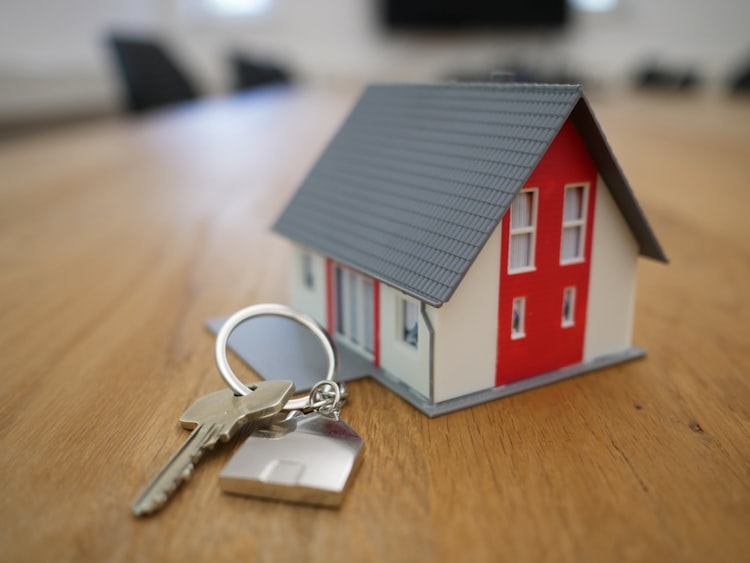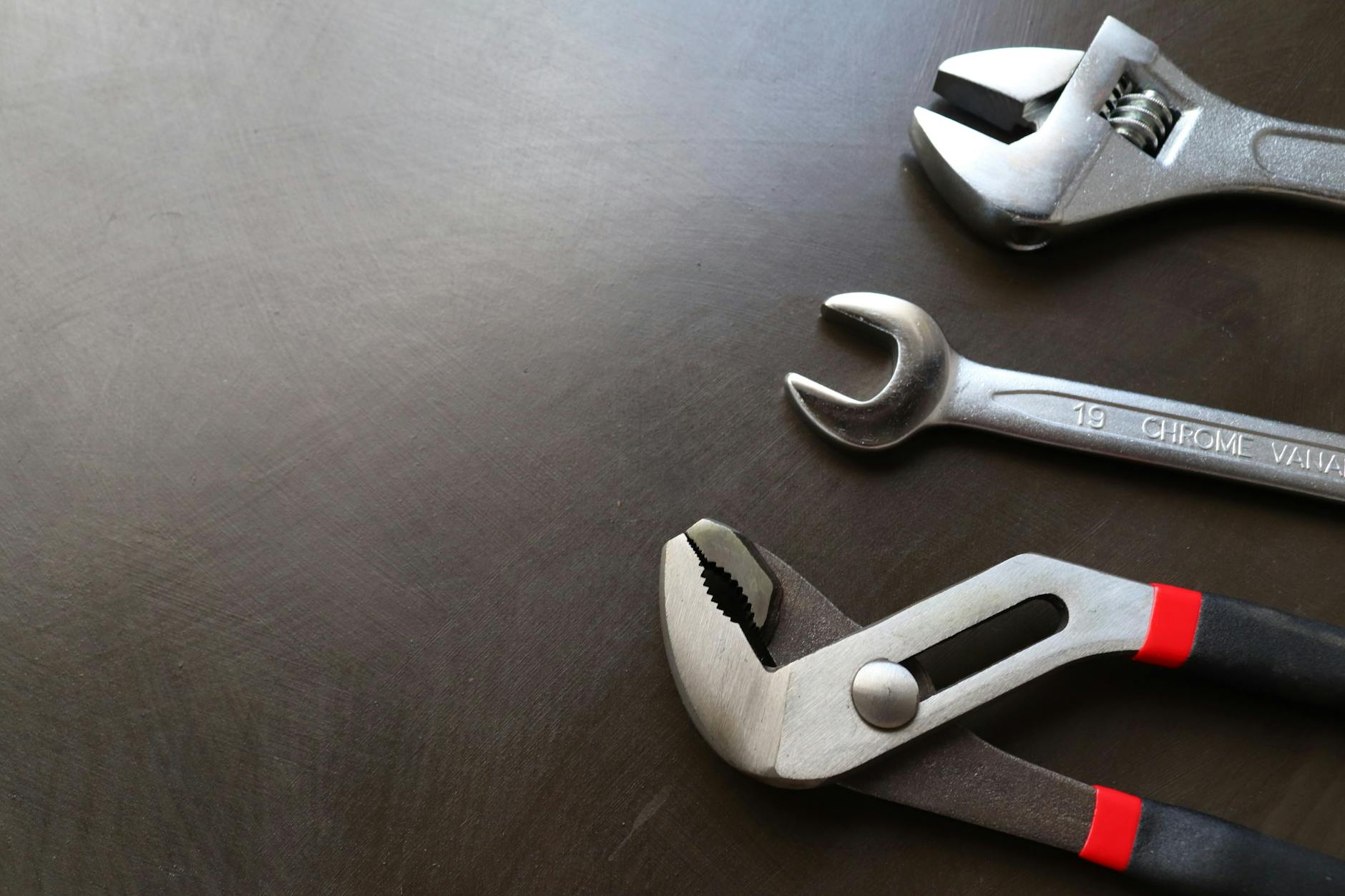What are the hidden expenses of homeownership?

 Home foundations are a complicated process,and repairs can be costly. With climate change causing the soil to swell with rain while contracting during drought periods,homes in these areas run the risk of cracks and sloping floors which can lead to major structural damage over time or even total collapse without repair. Foundation problems usually stem from houses not fitting their frames properly because they were built on faulty ground; it is important for homeowners living in high-risk zones like this area to make constant checks that you aren’t about to meet your foundation’s demise any day now! There are many ways that you can prevent and maintain foundation repair. You should always check for proper drainage during periods of rain,use soaker hoses around the perimeter to keep the soil moist,and make sure your garden is sloped in order to help with water retention.
Home foundations are a complicated process,and repairs can be costly. With climate change causing the soil to swell with rain while contracting during drought periods,homes in these areas run the risk of cracks and sloping floors which can lead to major structural damage over time or even total collapse without repair. Foundation problems usually stem from houses not fitting their frames properly because they were built on faulty ground; it is important for homeowners living in high-risk zones like this area to make constant checks that you aren’t about to meet your foundation’s demise any day now! There are many ways that you can prevent and maintain foundation repair. You should always check for proper drainage during periods of rain,use soaker hoses around the perimeter to keep the soil moist,and make sure your garden is sloped in order to help with water retention.  Don’t let your roof turn into a leaky mess. A damaged or missing shingle can lead to water seeping into the interior and causing more damage than you could have imagined,costing thousands in repairs. Even if you feel like it is too soon for an inspection,don’t wait until leaks start popping up all over! Heating and AC repairs are expensive,but they’re even more frustrating when you need the system to work most; because it is in this time of year that your heating or air conditioning unit will be working its hardest. Signs of a problem include not being able to cool or heat effectively,seeing signs of leakages from your vents – which can indicate mold growth – as well as strange sounds coming from inside the machine. If these issues happen during summer months with high humidity levels (temperatures over 80 degrees),then there’s an increased risk for condensation accumulation on refrigerant lines and connections due to environmental conditions such as rainstorms or higher-than-normal outdoor temperatures than what would typically cause formation under average operating conditions. Electrical issues can pose a serious risk to your home,even if they are not working correctly. Every year you should have an electrician inspect the electrical system in order to prevent any risks of fire or inconveniences with lights flickering on and off constantly. The average cost for repairing these problems is $318 but could be up to $15,000 when it comes time for complete rewiring because many homeowners do not know how dangerous dealing with this issue can potentially be! You must always check circuit breakers every few months as well as appliances that shock or surprise people by shocking them while using them- all signs of poor electricity flow through wires which need immediate attention before things get worse. carrier What if you’re not able to prevent problems from happening? You can avoid a lot of the most costly home repairs by doing your due diligence with preventive maintenance. But even when we do our best,there are still times where big,expensive repairs are unavoidable – and that’s why it pays off to have Home Insurance in place before disaster strikes! It doesn’t matter whether or not you’ve been diligent about prevention- what matters is how well insurance covers these costs for us. The first call should be made quickly after an accident happens this way any necessary cleanup will happen right away too instead of waiting until later on as some people might do – bad idea.
Don’t let your roof turn into a leaky mess. A damaged or missing shingle can lead to water seeping into the interior and causing more damage than you could have imagined,costing thousands in repairs. Even if you feel like it is too soon for an inspection,don’t wait until leaks start popping up all over! Heating and AC repairs are expensive,but they’re even more frustrating when you need the system to work most; because it is in this time of year that your heating or air conditioning unit will be working its hardest. Signs of a problem include not being able to cool or heat effectively,seeing signs of leakages from your vents – which can indicate mold growth – as well as strange sounds coming from inside the machine. If these issues happen during summer months with high humidity levels (temperatures over 80 degrees),then there’s an increased risk for condensation accumulation on refrigerant lines and connections due to environmental conditions such as rainstorms or higher-than-normal outdoor temperatures than what would typically cause formation under average operating conditions. Electrical issues can pose a serious risk to your home,even if they are not working correctly. Every year you should have an electrician inspect the electrical system in order to prevent any risks of fire or inconveniences with lights flickering on and off constantly. The average cost for repairing these problems is $318 but could be up to $15,000 when it comes time for complete rewiring because many homeowners do not know how dangerous dealing with this issue can potentially be! You must always check circuit breakers every few months as well as appliances that shock or surprise people by shocking them while using them- all signs of poor electricity flow through wires which need immediate attention before things get worse. carrier What if you’re not able to prevent problems from happening? You can avoid a lot of the most costly home repairs by doing your due diligence with preventive maintenance. But even when we do our best,there are still times where big,expensive repairs are unavoidable – and that’s why it pays off to have Home Insurance in place before disaster strikes! It doesn’t matter whether or not you’ve been diligent about prevention- what matters is how well insurance covers these costs for us. The first call should be made quickly after an accident happens this way any necessary cleanup will happen right away too instead of waiting until later on as some people might do – bad idea.
